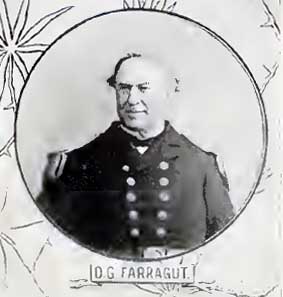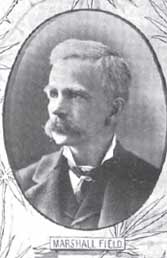| |
BENJAMIN FRANKLIN,
an eminent American statesman and scientist, was born of poor
parentage, Jan. 17, 1706, in Boston, Massachusetts. He was
apprenticed to his brother James to learn the printer's trade
to prevent his running away and going to sea, and also because of
the numerous family his parents had to support (there being
seventeen children, Benjamin being the fifteenth). He
was a great reader, and soon developed a taste for writing, and
prepared a number of articles and had them published in the paper
without his brother's knowledge, and when the authorship became
known it resulted in difficulty for the young apprentice, although
his articles had been received with favor by the public.
James was afterwards thrown into prison for political reasons,
and young Benjamin conducted the paper alone during the time.
In 1823, however, he determined to endure his bonds no longer, and
ran away, going to Philadelphia, where he arrived with only three
pence as his store of wealth. With these he purchased three
rolls, and ate them as he walked along the streets. He soon
found employment as a journeyman printer. Two years later he
was sent to England by the governor of Pennsylvania, and was
promised the public printing, but did not get it. On his
return to Philadelphia he established the "Pennsylvania Gazette,"
and soon found himself a person of great popularity in the province,
his ability as a writer, philosopher, and politician having reached
the neighboring colonies. He rapidly grew in prominence,
founded the Philadelphia Library in 1842, and two years later the
American Philosophical Society and the University of Pennsylvania.
He was made Fellow of the Royal Society in London in 1775. His
world-famous investigations in electricity and lightning began in
1746. He became postmaster-general of the colonies in 1753,
having devised an inter-colonial postal system. He advocated
the rights of the colonies at all times, and procured the repeal of
the Stamp Act in 1766. He was elected to the Continental
congress of 1775, and in 1776 was a signer of the Declaration of
Independence, being one of the committee appointed to draft that
paper. He represented the new nation in the courts of Europe,
especially at Paris, where his simple dignity and homely wisdom won
him the admiration of the court and the favor of the people.
He was governor of Pennsylvania four years; was also a member of the
convention in 1787 that drafted the constitution of the United
States.
His writings upon political topics, anti-slavery,
finance, and economics, stamp him as one of the greatest statesmen
of his time, while his "Autobiography" and "Poor Richard's Almanac "
give him precedence in the literary field. In early life he
was an avowed skeptic in religious matters, but later in life his
utterances on this subject were less extreme, though he never
expressed approval of any sect or creed. He died in
Philadelphia Apr. 17, 1790.
Source: Genealogical & Biographical Record
of Miami Co., Ohio - Chicago: The Lewis Publishing Company - 1900 - Page
18 |
![]()
![]()


